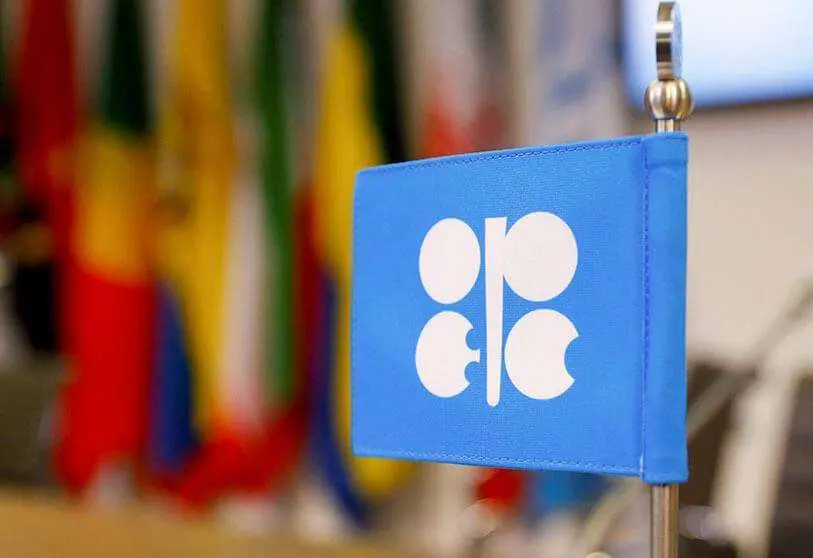OPEC+ decides to cut oil supply by 2 million barrels per day

The OPEC+ alliance, led by Saudi Arabia and Russia, decided on Wednesday in Vienna to reduce its pumping by 2 million barrels per day (mbd), which is the largest cut in oil supply since May 2020. This was announced to the press by Iranian Deputy Oil Minister Amir Hossein Zamaninia at the end of a ministerial conference of the Organisation of Petroleum Exporting Countries (OPEC) and its ten allied producing nations, including Russia, Mexico and Kazakhstan.
In addition, the participating ministers agreed to extend their cooperation for another year, which means that the alliance, forged in 2016 to address the fall in "oil prices" caused by the US shale boom, will last at least until the end of 2023.
In their final statement, the ministers explain that they have agreed to "adjust global production downwards by 2 mbd (...) from November 2022". The production cut agreed today is the largest since the nearly 10 mbd cut the group implemented in May 2020 to compensate for the slump in energy demand triggered by the coronavirus crisis.
It is about double what had been expected as of yesterday, Tuesday, in international markets, as several delegates had leaked to the press that they were negotiating a cut of just over a million barrels a day, which has already driven crude prices sharply higher. However, the actual reduction is expected to be smaller than the official one, as most of the group's producers have for months been drawing well below their national quotas despite pumping at maximum technical capacity.
A month ago, the alliance set 43.85 million barrels per day (mbd) as the ceiling for joint production (not including OPEC members Venezuela, Iran and Libya), but they are currently estimated to be producing between 3.5 and 5 mbd below that level. Even if the actual cut will ultimately be less than announced, today's move is a clear "no" to Western nations that have long been calling on OPEC to open the taps to lower fuel and energy prices and curb inflation.








